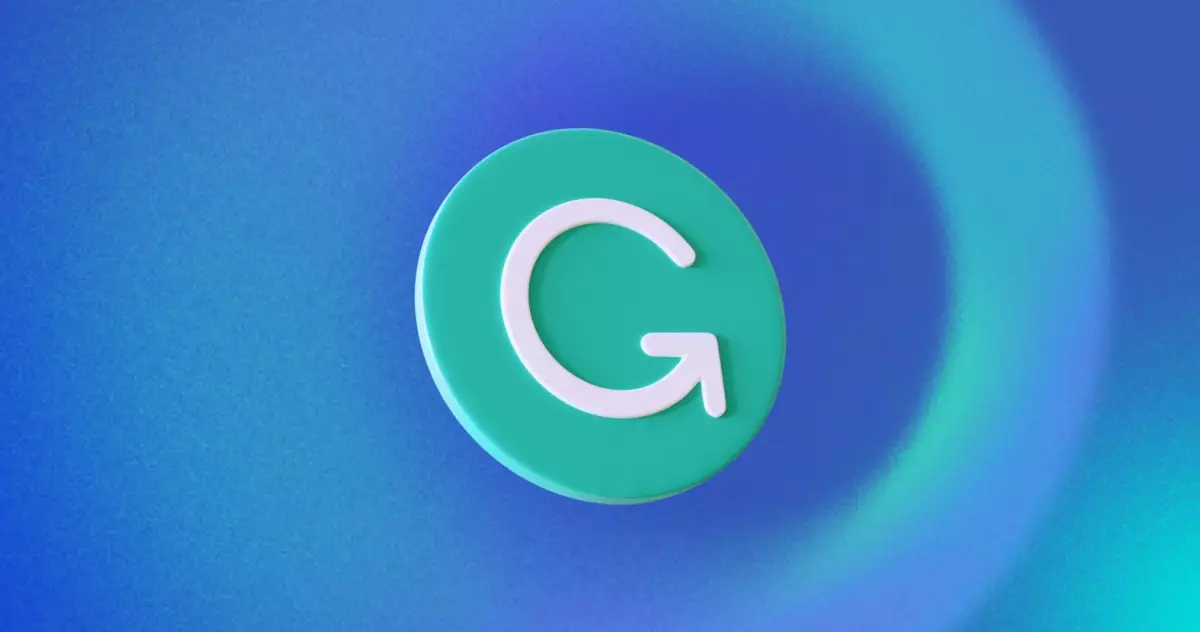On Tuesday, Grammarly unveiled its acquisition of the productivity startup Coda, ushering in a significant shift in its leadership and strategic direction. Shishir Mehrotra, co-founder and CEO of Coda, is set to take the helm as Grammarly’s new CEO, while outgoing CEO Rahul Roy-Chowdhury will transition to an advisory role. This change in leadership presents an opportunity for Grammarly to leverage Mehrotra’s extensive experience in technology and product development—an essential factor as they move towards integrating Coda’s innovative capabilities into their existing suite of tools.
The merger positions Grammarly to evolve its AI assistant into a comprehensive “AI productivity platform.” Coda brings with it a suite of advanced AI tools that promise to enhance Grammarly’s services. By incorporating generative AI chat features and a broad productivity suite, Grammarly aims to provide its 40 million users with more robust functionalities designed to streamline workflows and foster efficiency. As productivity solutions increasingly harness AI capabilities, this acquisition puts Grammarly in a favorable position to assert itself against competitors in this burgeoning market.
A Vision for the Future
In a blog post, Mehrotra articulated an ambitious vision for Grammarly’s future, emphasizing the need for an AI assistant that transcends basic writing suggestions. His proposal entails creating a system that fosters seamless integration with users’ existing digital ecosystems, enabling the AI to offer tailored recommendations based on interactions across various platforms, from email clients to project management tools. This kind of interconnectedness would significantly enhance the user experience by making the assistant not only more intelligent but also vastly more useful.
A key aspect of this acquisition will be the integration of Coda’s flagship product, Coda Docs, with Grammarly’s technology. Mehrotra envisions an environment where users can access a convergence of shared knowledge, generative AI functionalities, and an expansive productivity suite—effectively reimagining the tools needed for modern collaboration and productivity. The intention is to harmonize the strengths of both companies, thereby delivering a transformative user experience that caters to the demands of the AI-centric workspace.
Founded in 2009 and currently valued at $13 billion, Grammarly has cultivated a vast user base. Meanwhile, Coda’s noteworthy valuation of $1.4 billion after its Series D funding round reflects the growing market interest in innovative productivity solutions. With AI tools rapidly becoming mainstream, Grammarly’s strategic acquisition of Coda enables it to fortify its standing against emerging competitors and established players in the writing and productivity software sectors.
By embracing this transition, Grammarly is not just enhancing its product offerings; it is positioning itself at the forefront of a new frontier in AI-driven productivity. As it embarks on this journey, the implications for both users and the landscape of productivity tools could be far-reaching, potentially reshaping how individuals and teams interact with technology in their daily tasks.

